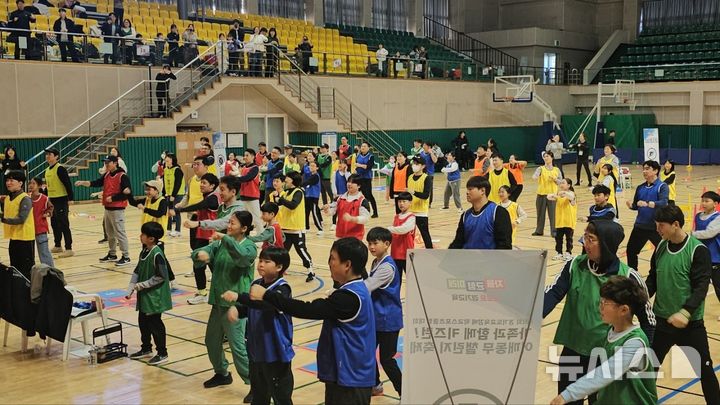Headline: Over 500 Filipinos Repatriated from Lebanon Amid Rising Tensions
Manila, Philippines – As geopolitical instability grips Lebanon, a significant number of overseas Filipino workers (OFWs) are grappling with the decision to leave their livelihoods behind for safety. Recent escalations in violence, marked by renewed attacks from Israel and the involvement of Hezbollah, have prompted over 500 Filipinos to return home since October 2023. However, a substantial majority of the 11,000 Filipinos residing in Lebanon are still choosing to remain amid the growing uncertainty.
The wave of repatriation is gaining momentum as safety concerns escalate. Arleen Gomez, a villa supervisor who has lived in Lebanon for more than two decades, described her recent experiences in a heart-wrenching interview. “Last night, I was even sick to my stomach and I could not sleep because of the anxiety,” she shared in Filipino, detailing the fear that has enveloped her and her husband as explosions shake their neighborhood.
Rising Tensions and Mounting Anxiety
The situation in Lebanon has deteriorated significantly, with OFWs caught in the middle of escalating violence. As Israel intensifies its military operations against Hezbollah—its ally in the protracted conflict with Hamas—many OFWs find themselves struggling with their sense of security.
Gomez is among approximately 200 OFWs awaiting their clearance for repatriation, facing hurdles such as employers who have taken possession of their passports, complicating the process of returning home. “They [employers] have left us and taken our documents with them,” she lamented, highlighting a distressing commonality among many Filipinos caught in this precarious situation.
Government Initiatives for Safer Repatriation
On October 17, 2023, 45 OFWs and two dependents were successfully repatriated, bringing the total number of those returned to 525 since the war erupted. The Philippine government has been proactive, maintaining a designated Alert Level 3, which encourages voluntary repatriation for its nationals. Yet, many Filipinos have opted to remain, with some having built valuable connections and attachments over their years of work.
“Most of those who are choosing to stay are veterans in Lebanon,” noted Foreign Undersecretary Eduardo de Vega in a recent briefing. He remarked how newer OFWs are more inclined towards repatriation compared to those who have developed long-standing ties in the region. Migrant Workers Secretary Hans Cacdac reiterated this sentiment, emphasizing that while many veterans want to prioritize family safety, a growing number of them are also considering leaving.
Voices from On the Ground
Voices like that of Arnel Sarcia, a vehicle maintenance worker who has lived in Beirut for eight years, reflect the shifting sentiment among OFWs. “We thought that the conflict wouldn’t reach us, but we are bombed almost every day,” he confessed, detailing the physical repercussions of the violence, where the ground shakes from nearby blasts.
Arnel, like many of his compatriots, has applied for repatriation but expressed frustration over the lack of timely communication regarding clearance. “If they could give us an exact waiting time, we wouldn’t need to pester them as much,” he said, urging for a more systematic approach to the repatriation updates.
The Emotional Attachment of OFWs
The emotional toll on the OFWs is tremendous, as they balance the fear for their lives with the responsibilities toward their employers and families. Most OFWs in Lebanon work as domestic helpers, which often creates complex emotional ties to the families they serve. This phenomenon is similar to reports from OFWs in Israel, highlighting the intricate dynamics of labor migration amidst regional conflicts.
The ongoing conflict, further exacerbated by the assassination of a key figure linked to Hamas, has fueled fears of wider regional instability. The future remains uncertain for both the repatriated and those choosing to remain, as the Philippine government continues to provide assistance where possible.
As the conflict unfolds, it serves as a harsh reminder of the vulnerabilities faced by millions of migrant workers worldwide.
Readers are invited to share their thoughts and experiences regarding the implications of such conflicts on migrant workers. What can be done to better support those facing such perilous situations globally?


